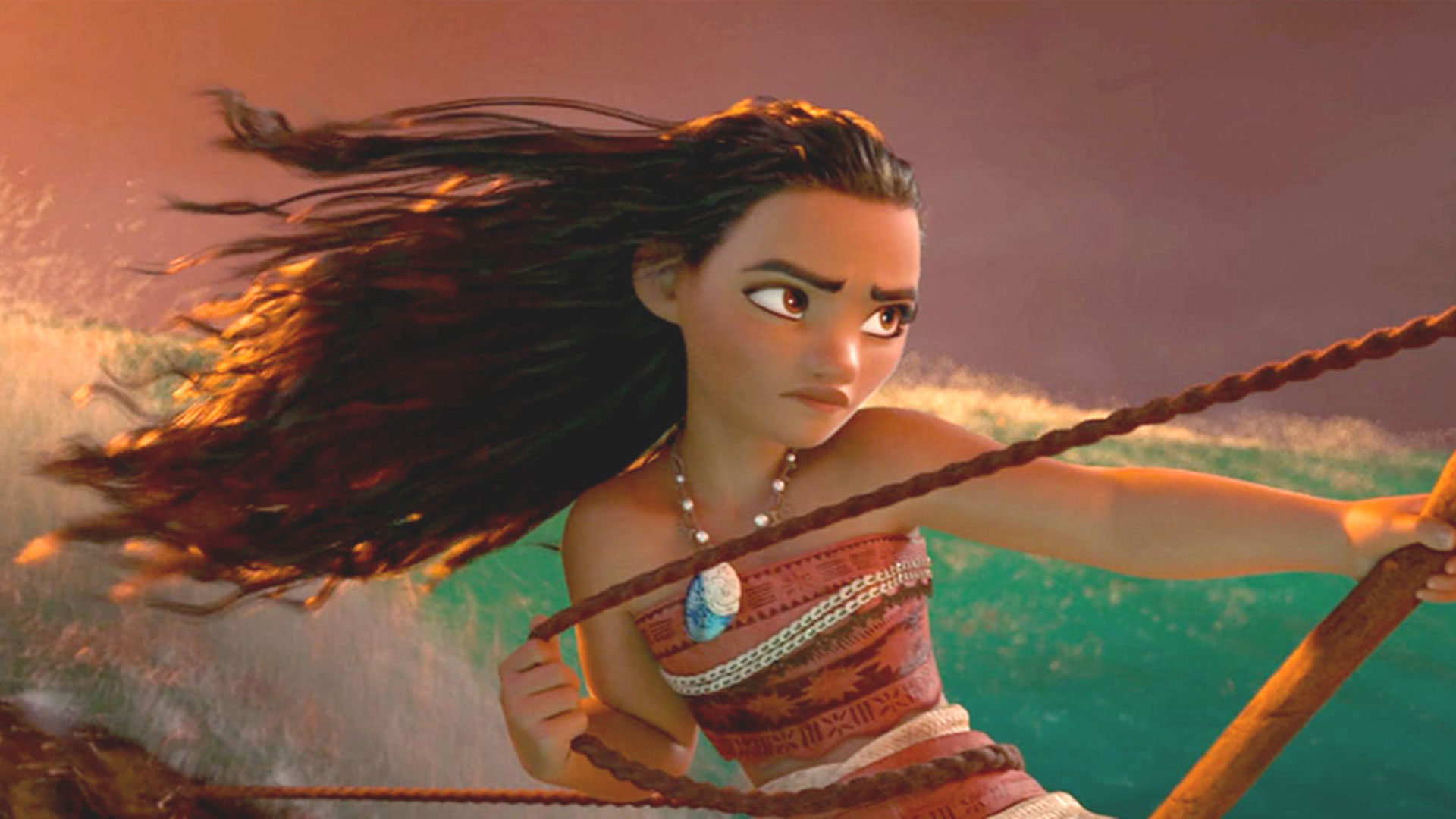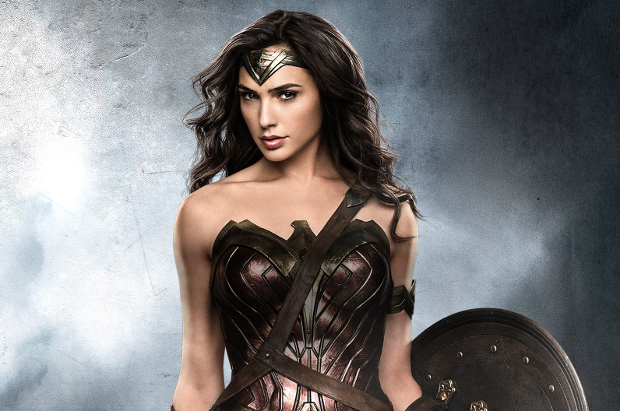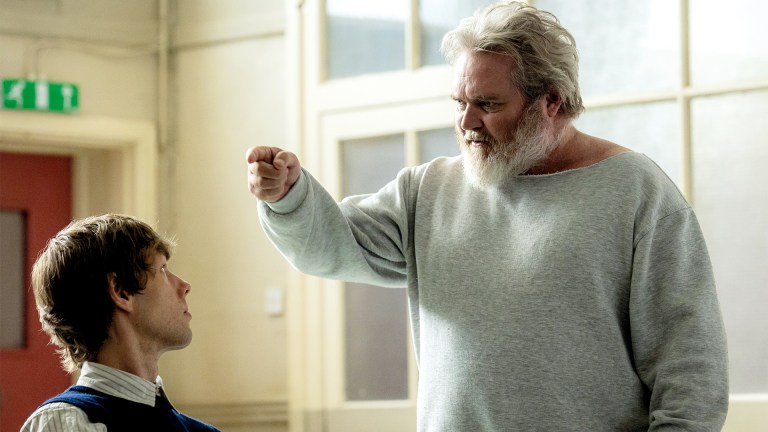History rarely falls into neat numerical decades. I would assert the 1980s (yuppies, power suits, a money obsession) didn’t really end till the mid 1990s when a new generation of politicians began to take power. Policies and attitudes take a while to gain momentum and once they do (as with equal marriage and attitudes to homosexuality) they can make a seismic impact.
Similarly, since the US presidential election and the EU referendum, there’s a major debate about whether supposed liberal progressive values have been rejected and the alt-right is in the ascendant. But go to the cinema, turn on the TV, read some books, and you’ll find that ‘mainstream’ doesn’t change that quickly.
Shortly after the US election I went to interview the directors of the smash hit Disney film Moana and found two boyishly smiling 60-something white men dressed in Hawaiian shirts. Ron Clements and Jon Musker joined Disney as young art graduates in the early 1970s and trained under Walt’s first generation of animators who made such classics as Pinocchio.
The fact remains that a major American corporation like Disney now instinctively wants to make inclusive films
They pioneered technology with early CGI in Basil the Great Mouse Detective but also changing attitudes. Encouraged by conversations with their female storyboard artists, they’ve written strong women like Meg in Hercules for years. “We started this movie five years ago,” points out Clements. “But,” Musker jumps in, “if it’s an inspiration for young women to follow their own inner voices and feel that they don’t have limits and if it’s an inspiration for people to celebrate diversity and culture, we like that result.”
I realised two things. The first was how much joy there was in their work (Dwayne Johnson’s character’s tattoos show all his feelings however hard he tries to hide them). But I also realised this is the frontline. This is what Susan Faludi has called the ‘Thirty Years’ War’ that many who support Trump are waging against social change.
But the fact remains that a major American corporation like Disney now instinctively wants to make inclusive films that don’t patronise girls or boys. And it’s normal that older white men, as much as anyone else, get it.










